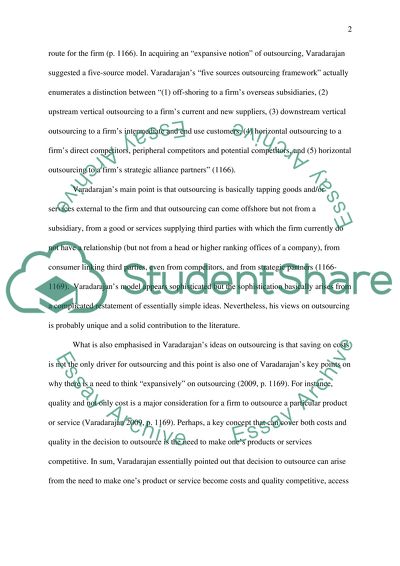Cite this document
(“Outsourcing: Theory, Literature and Effects Essay”, n.d.)
Retrieved from https://studentshare.org/finance-accounting/1441050-ypcritically-discuss-the-increasing-use-of
Retrieved from https://studentshare.org/finance-accounting/1441050-ypcritically-discuss-the-increasing-use-of
(Outsourcing: Theory, Literature and Effects Essay)
https://studentshare.org/finance-accounting/1441050-ypcritically-discuss-the-increasing-use-of.
https://studentshare.org/finance-accounting/1441050-ypcritically-discuss-the-increasing-use-of.
“Outsourcing: Theory, Literature and Effects Essay”, n.d. https://studentshare.org/finance-accounting/1441050-ypcritically-discuss-the-increasing-use-of.


